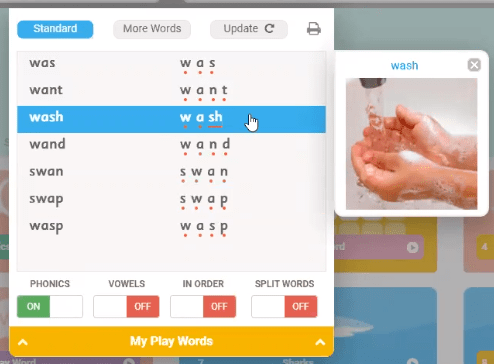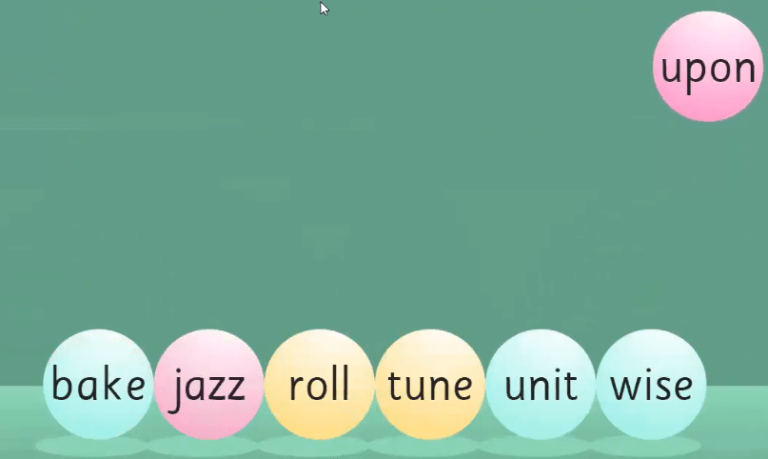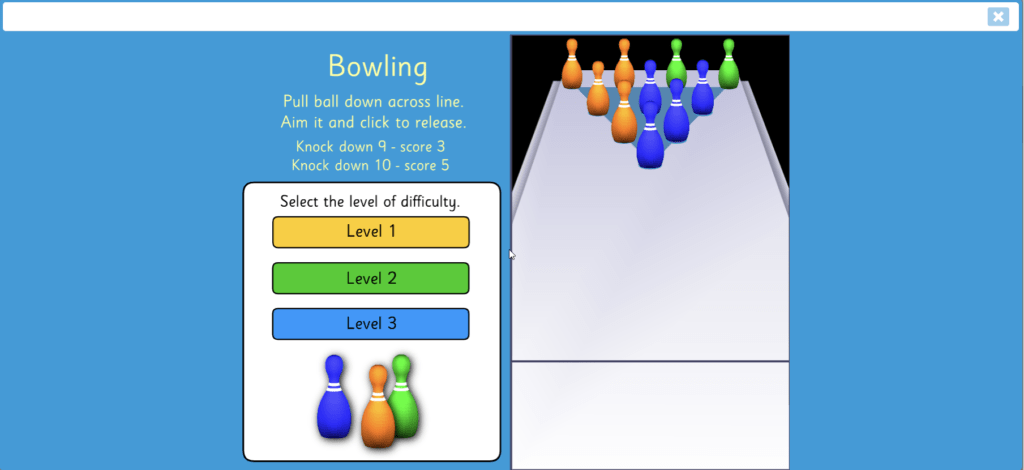Wordshark Online is an interactive tool that helps students improve their reading and spelling skills. It focuses particularly on students with special educational needs (SEN) such as dyslexia. Developed over 25 years, the program offers a placement test, automatic progression, and the ability for teachers to personalise tasks and spelling lists.
Catering to children aged 5 to 15, Wordshark provides an adaptable learning environment. It offers 10,000 words, spread across six structured courses, with sound recordings, images, videos, and sentences to support each word. These features aim to engage students, especially those with SEN, by using fun, educational games.

The platform is user-friendly. Teachers can rely on the automatic system to guide students based on their progress or set customised tasks to meet individual needs. This flexibility makes it easy for educators to incorporate Wordshark into their classrooms or use it for one-on-one lessons. Wordshark also includes a reporting system that keeps both teachers and parents in the loop about a student’s progress.
Used in over 11,000 schools worldwide, Wordshark has earned a reputation for helping students make noticeable improvements in literacy. Many educators and parents, especially those with dyslexic students, praise its effectiveness.

The program was co-created by Ruth Savery, an experienced SEN teacher, and Roger Burton, a computer programmer with a background in teaching and maths. The pair developed the application in the early 90s when Savery recognised the need for an engaging way to teach spelling. “I wanted to make learning positive and confidence-building, but also provide the repetition necessary for retaining English spelling skills,” Savery states on the Wordshark website. “Since nothing like this existed, we created the first Wordshark.”
This focus on real-world needs is at the heart of Wordshark’s success. The program wasn’t just built to teach spelling—it was designed to engage students and motivate those facing challenges like dyslexia.

Beyond schools, Wordshark is also a hit with private tutors and families. The Shark Challenge, a placement test, ensures students start at the right level based on their skills. From there, the program adjusts to their needs, ensuring they’re not overwhelmed or bored. One standout feature is Automatic Progression, or Supershark, which lets students move at their own pace, providing the time they need to master difficult concepts. Teachers can also customise the program to cover different topics, including courses aligned with the National Curriculum and those tailored for SEN students.
Wordshark is a fantastic resource for KS3 and KS4 SENDCOs. The GCSE vocabulary helps to extend its use beyond spelling, helping students get familiar with key terms. Additionally, the range of games adds an element of fun. They reward progress and keep students engaged with activities that target specific reading and spelling skills. This variety keeps students challenged and motivated.

For SEN students, including those with dyslexia or EAL (English as an Additional Language), Wordshark offers an effective way to practice. The program’s multi-sensory approach helps reinforce learning, making it easier to remember key concepts.
“Wordshark’s versatility is key,” said Savery on the company website. “It adapts to both teachers’ and students’ needs, allowing us to personalise learning and ensure every child gets the support they need.”
After 25 years and countless updates, Wordshark has remained a trusted tool for improving literacy. It’s highly recommended for educators, parents, and tutors who need a reliable, engaging way to teach reading and spelling.
Wordshark’s enduring success speaks to its ability to evolve with the times while staying true to its original mission: to provide innovative and flexible learning tools that help students gain literacy skills, whether or not they have specialist support.
- To find out more about Wordshark, visit the Wordshark website.
